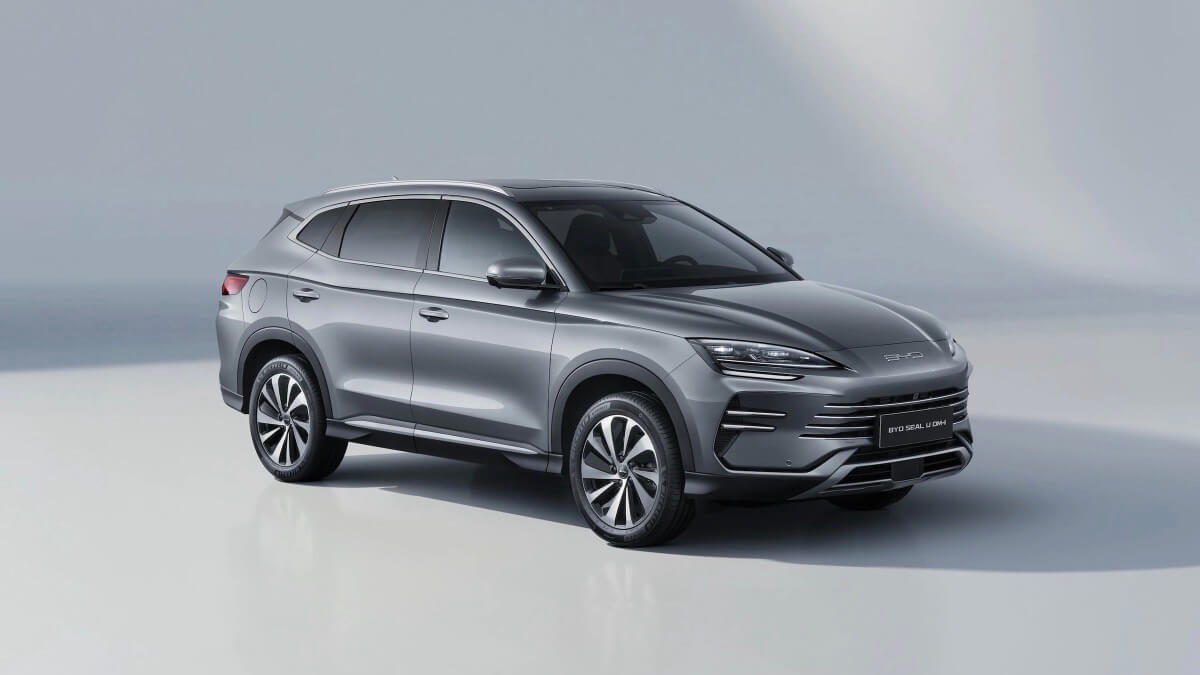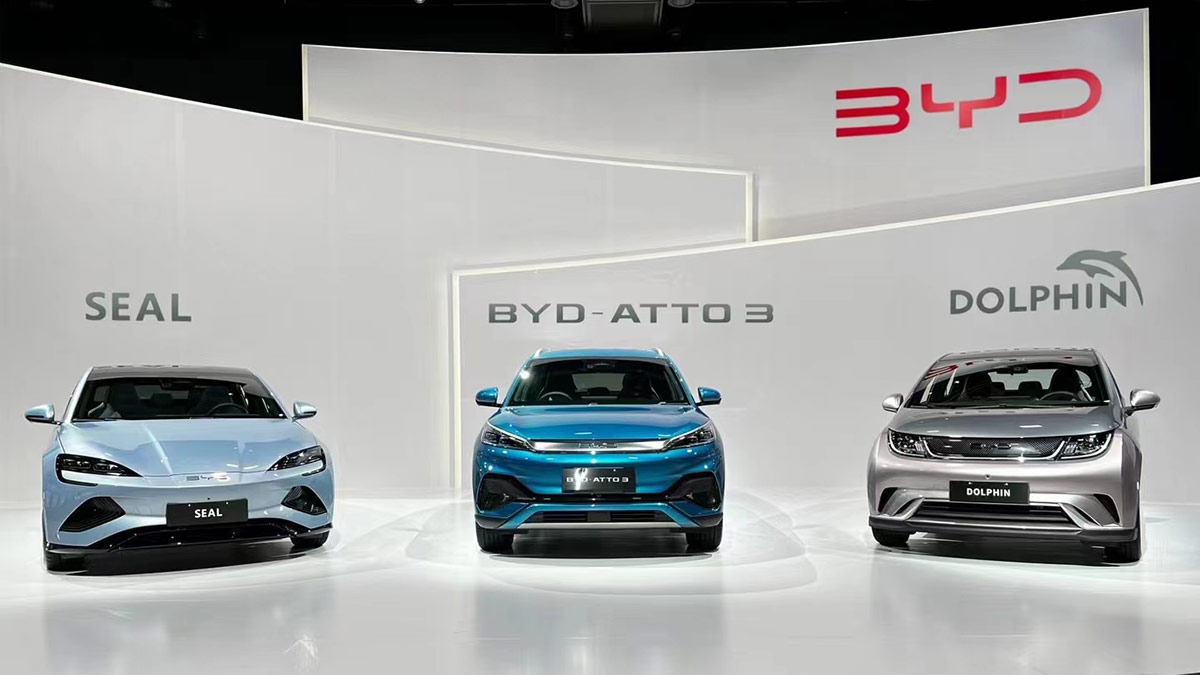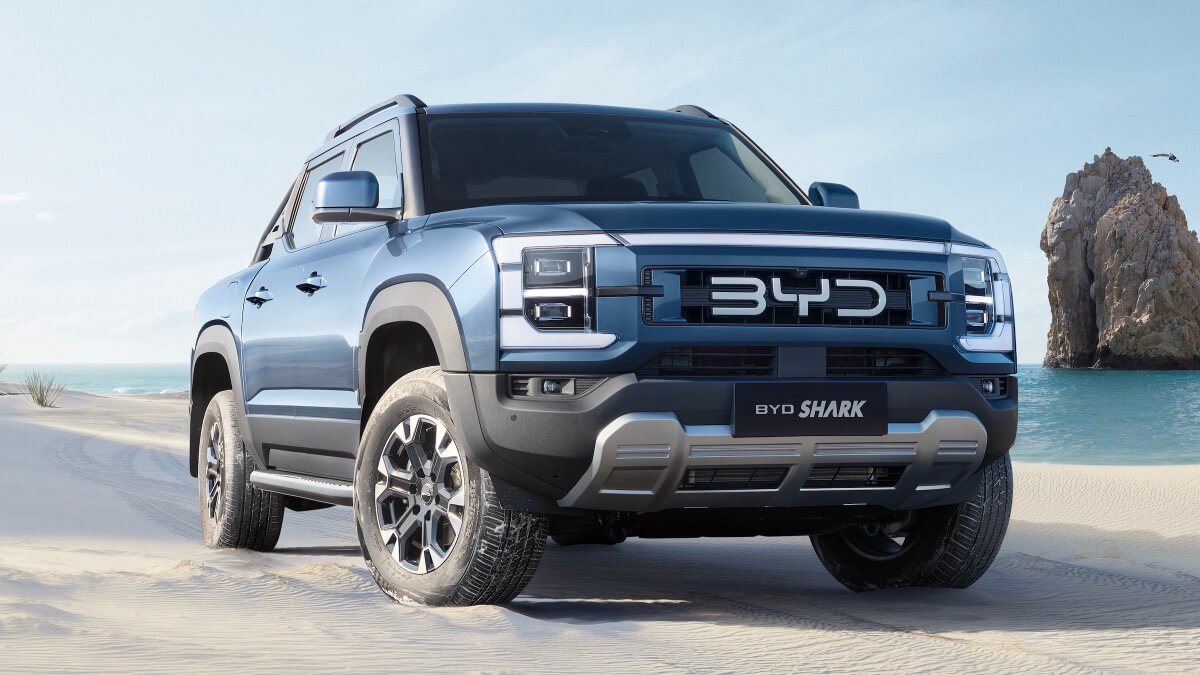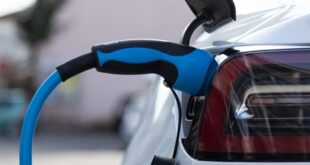With plans to establish a presence in Canada, BYD is looking to sidestep U.S. tariffs and tap into the North American EV market.
As the world’s largest EV manufacturer, BYD is making bold moves to expand into Canada, and it could have significant implications for the North American electric vehicle market. While the carmaker has already established a presence in Mexico, selling EVs like the Yuan Plus and the new Shark PHEV pickup, Canada seems to be the next target on BYD’s list.
Recent documents filed with the Canadian government reveal that BYD is actively preparing to enter the Canadian market. The filings show that BYD lobbyists are discussing the establishment of new business ventures, the sale of passenger electric vehicles, and the application of tariffs on EVs. This isn’t entirely unexpected, as BYD has been slowly making inroads in Canada, similar to its strategy in Mexico. The manufacturer has been engaging with Canadian EV advocacy groups and dealership networks, indicating a serious commitment to setting up shop.
In fact, sources suggest that BYD has already been in talks with major Canadian dealership groups about potential locations for new dealerships. This move comes amid mixed signals in Canada-China relations. On one hand, Canadian Prime Minister Justin Trudeau has indicated support for aligning with U.S. tariffs on Chinese imports. On the other hand, Canadian Foreign Affairs Minister Mélany Joly has been working to improve diplomatic ties with China. This conflicting political climate adds an extra layer of complexity to BYD’s market entry.

One of the most intriguing aspects of BYD’s strategy is the possibility of establishing a manufacturing plant in Canada. This move would mirror its efforts in Mexico, where it plans a factory that could create up to 10,000 jobs. If BYD sets up production in Canada, it could potentially bypass U.S. tariffs on Chinese-made vehicles by manufacturing cars locally. This would allow it to avoid hefty tariffs and benefit from the lower Canadian dollar, potentially increasing profit margins.
Despite the U.S. government’s tough stance on Chinese EV imports, BYD seems determined to make its mark in North America. The company’s CEO of BYD America, Stella Li, has previously stated that it has no immediate plans to sell passenger EVs in the U.S., citing the country’s complex political landscape. However, with Canada and Mexico as potential “ports of entry,” BYD could still find a way to reach American consumers indirectly.
It’s clear that BYD is on an aggressive mission to expand its footprint in North America. Its actions suggest a willingness to navigate the various trade and regulatory challenges to achieve its goals. Whether it’s through setting up local manufacturing or partnering with local dealers, BYD is positioning itself to become a significant player in the North American EV market.
As the situation unfolds, it will be interesting to see how BYD’s entry into Canada affects the overall market dynamics. American carmakers may soon find themselves competing with this Chinese giant not just in Mexico but right next door in Canada. This competition could either push them to innovate and improve their EV offerings or rely on tariffs and regulations to keep the competition at bay. Either way, BYD’s expansion is a development worth watching.









